Canada announces Post-Graduation Work Permit eligible programs.
As of September, there are new guidelines in place. International graduates at different study levels who apply for a PGWP after November 1 must meet additional field of study requirements to qualify for a work permit.
*Please Note: Field of study requirements do not apply to university bachelor’s, master’s, or PhD graduates.
What Has Not Changed About Post-Graduation Work Permit
In order to qualify for a Post-Graduation Work Permit (PGWP), it is imperative to consistently satisfy the general and physical location eligibility criteria, even after November 1, 2024, and successfully complete a study program at a designated learning institution that is eligible for PGWP.
If you submit your application for a Post-Graduation Work Permit (PGWP) before November 1, 2024, you only need to meet the current eligibility standards. Likewise, graduates from a PGWP-eligible flight school applying for a PGWP need only meet the existing eligibility criteria, even after November 1, 2024.
Consequently, the updated eligibility requirements outlined below are not applicable in your case.
To read about what has changed, click here!
New Post-Graduation Work Permit Eligibility Requirements
If you submitted your study permit application before November 1, 2024
If you submitted your study permit application before November 1, 2024, and you intend to apply for a Post-Graduation Work Permit (PGWP) on or after November 1, 2024, it’s important to ensure that you meet the updated criteria relevant to your circumstances.
- Individuals who have earned a bachelor’s, master’s, or doctoral degree from a university must show proficiency in either English or French at a minimum level of Canadian Language Benchmarks (CLB) 7 in English or Niveaux de compétence linguistique canadiens (NCLC) 7 in French in all four language areas.
- Graduates of any other university program must also meet the language requirement by proving their English or French language skills at a minimum level of CLB 7 in English or NCLC 7 in French in all four language areas.
- Individuals who have graduated from a college program or any other program not mentioned above must demonstrate their English or French language proficiency at a minimum level of CLB 5 in English or NCLC 5 in French in all four language areas.
If you submit your study permit application on or after November 1, 2024
You must also meet the new requirements that apply to your situation to be eligible to apply for a PGWP, If you submit your study permit application on or after November 1, 2024.
- If you have completed a university bachelor’s, master’s, or doctoral degree program, the following language and field of study requirements apply.
- Language Requirement: To qualify, individuals must demonstrate proficiency in either English or French at a minimum level of Canadian Language Benchmarks (CLB) 7 in English or Niveaux de competence linguistique canadiens (NCLC) 7 in French across all four language areas.
- Field of Study Requirement: All fields of study are considered eligible, and no additional field of study requirement is applicable.
- If you have completed a program at a university other than a bachelor’s, master’s, or doctoral degree program, the following criteria apply:
- Language Requirement: To meet the language requirements, individuals must demonstrate proficiency in either English or French at a minimum level of CLB 7 in English or NCLC 7 in French across all four language areas.
- Field of Study Requirement: The completion of an eligible field of study is necessary.
- For individuals who have graduated from a college program or any other program not mentioned above, the following requirements apply:
- Language Requirement: To meet the language requirements, individuals must demonstrate a minimum proficiency level of CLB 5 in English or NCLC 5 in French across all four language areas.
- Field of Study Requirement: The completion of an eligible field of study is necessary.

Eligible fields of study for Post-Graduation Work Permits
The Post-Graduation Work Permit (PGWP) is available for specific fields of study that align with the occupation-based Express Entry categories established by IRCC in 2023. These categories are designed to fulfill the national labor market needs. These fields include:
- Agriculture and Agri-food,
- Healthcare, Science, Technology, Engineering, and Mathematics (STEM),
- Trade,
- Transport.
The PGWP eligible programs within these fields are categorized and listed according to the Classification of Instructional Programs (CIP), which is Canada’s system for describing and categorizing educational programs. This system is similar to the National Occupation Classification (NOC) system, which is used to categorize jobs in Canada.
The table below provides examples of instructional programs eligible for a PGWP in each field of study, along with the corresponding CIP code:
| CIP 2021 Title | CIP 2021 Code | Field of Study Category |
| Agricultural business and management, general | 01.0101 | Agriculture and agri-food |
| Animal/livestock husbandry and production | 01.0302 | Agriculture and agri-food |
| Plant nursery operations and management | 01.0606 | Agriculture and agri-food |
| Animal health | 01.0903 | Agriculture and agri-food |
| Agronomy and crop science | 01.1102 | Agriculture and agri-food |
| Special education and teaching, general | 13.1001 | Healthcare |
| Exercise physiology | 26.0908 | Healthcare |
| Physical therapy assistant | 51.0806 | Healthcare |
| Polysomnography | 51.0917 | Healthcare |
| Cytotechnology/cytotechnologist | 51.1002 | Healthcare |
| Computer programming/programmer, general | 11.0201 | STEM |
| Chemical engineering | 14.0701 | STEM |
| Engineering mechanics | 14.1101 | STEM |
| Water, wetlands and marine resources management | 03.0205 | STEM |
| Computer graphics | 11.0803 | STEM |
| Electrician | 46.0302 | Trade |
| Heating, air conditioning, ventilation and refrigeration maintenance technology/technician | 47.0201 | Trade |
| Machine tool technology/machinist | 48.0501 | Trade |
| Insulator | 46.0414 | Trade |
| Plumbing technology/plumber | 46.0503 | Trade |
| Heavy equipment maintenance technology/technician | 47.0302 | Transport |
| Air traffic controller | 49.0105 | Transport |
| Truck and bus driver/commercial vehicle operator and instructor | 49.0205 | Transport |
| Flight instructor | 49.0108 | Transport |
| Transportation and materials moving, other | 49.9999 | Transport |
Please note that the table above may not encompass all PGWP-eligible instructional programs. Make sure to check out the Immigration, Refugees, and Citizenship Canada’s (IRCC’s) webpage for in-depth information. You can find it here:
How to find your CIP code
Newcomers who know the title of their instructional program, and who would like to find the corresponding CIP code can follow these steps:
- Access the Statistics Canada webpage for the 2021 CIP.
- Newcomers can utilize the search bar above the table section to enter keywords related to their program or navigate through the available field of study links in the main table.
- New students will be guided to a separate table showcasing sub-categories for each area of study, using either approach.
- Select the relevant sub-category for the program being searched. If uncertain about the relevant sub-category, utilize the “display definitions” button above the table to gain further insight into each category.
- Navigate to the relevant sub-category.
- Proceed to the final table page, which outlines specific instructional programs in the chosen category. Those who are unsure may also use the “display definitions” function to gain a deeper understanding of each program.
- Access the relevant program.
- The final page will provide detailed information about each program, including examples and exclusions. Keep in mind that program titles are intentionally broad, so it’s essential to carefully consider program descriptions when selecting the appropriate CIP code.
New Language Criteria for Post-Graduation Work Permit Applicants
The eligibility criteria for the Post-Graduation Work Permit (PGWP) program now includes language requirements in addition to the new field of study criteria introduced by the Immigration, Refugees and Citizenship Canada (IRCC). The language requirements for PGWP eligibility are contingent upon the international graduates’ level of study. Both the new field of study requirements and language criteria are outlined in the table below:
| Level of Study | Language Requirement | Field of Study Requirement |
| University bachelor’s, master’s, or doctoral degree | CLB 7 in English or NCLC 7 in French in all 4 language areas | All fields of study are eligible |
| Any other university program | CLB 7 in English or NCLC 7 in French in all 4 language areas | Must graduate in an eligible field of study |
| College program or any other program not listed above | CLB 5 in English or NCLC 5 in French in all 4 language areas | Must graduate in an eligible field of study |
Language Requirements
When submitting your application for the Post-Graduation Work Permit (PGWP), it is imperative to furnish evidence of language proficiency that satisfies the language criteria.
In order to assess proficiency in English or French, we employ the Canadian Language Benchmarks (CLB) for English and Niveaux de compétence linguistique canadien (NCLC) for French. Proof of language ability is required.
Applicants should be able to showcase their skills and expertise in the following areas:
- Reading
- Writing
- Listening
- Speaking
Please ensure that your language test results are not older than 2 years at the time of your application submission. We accept language test results from the following tests for English and French proficiency:
English:
- CELPIP: Canadian English Language Proficiency Index Program (CELPIP-General test)
- IELTS: International English Language Testing System (IELTS General Training option)
- PTE: Pearson Test of English (PTE Core option)
French:
- TEF Canada: Test d’évaluation de français
- TCF Canada: Test de connaissance du français
Students who apply for a Post-Graduation Work Permit (PGWP) before November 1 of this year are not subject to field of study requirements. However, they are required to meet the language criteria mentioned earlier.







